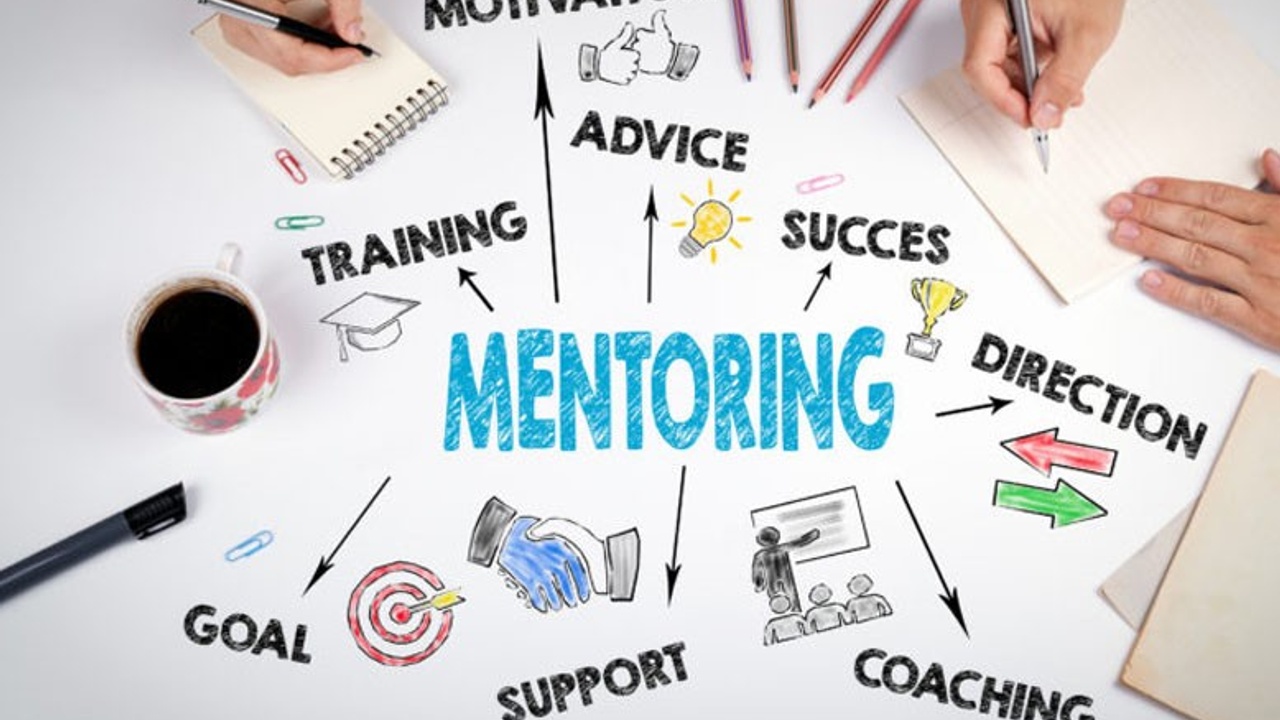Mentorship: Being a Great Mentor
Dec 14, 2021
A mentor is more than just a font of wisdom.
My first and greatest mentor was my father. His wisdom is something I carry with me always. “Make yourself as indispensable as possible to your boss, but remember nobody is indispensable,” is career advice he gave me that I will never forget. “Every morning when I think about life with your mother or without your mother, I choose your mother,” he told me of marriage. And on his deathbed, he said to me, “I traveled to 25 countries, have a great family and have done the things I wanted to do. I have no regrets. When you are in my situation, you don’t want to have any regrets,” which was when I realized that he’d won the game of life, and when I learned for certain how I wanted to live.
I’m grateful for the time I got to spend with my father and the relationship he and I shared. I know not all sons are so fortunate. The mentorship I received from my father taught me not just about life, but also about the value of having a mentor.
Being on both sides of mentorship has shaped my career, so I know that these kinds of relationships are very different than one might have with a father, friend, or colleague. There’s a different kind of work involved. Over the years, I’ve learned a few things about what makes a good mentor, both from mentors of my own and being one myself in a professional setting. If you’re interested in mentorship, here’s what I think makes a good mentor:
Setting boundaries is key. In a professional context, maintaining roles and status in the mentor-mentee relationship matters. It might seem superficial, but for both of you to get the most out of the relationship it’s important that you set boundaries. Your mentee needs to know that time is valuable, so they shouldn’t waste it with trivial concerns or problems they should be able to solve on their own. Furthermore, there should be clarity about what the two of you discuss. Setting these sorts of boundaries is necessary to remove noise from the relationship and ensure that things are always pointed in the right direction.
Don’t be afraid to challenge your mentee.
The relationship is ultimately about growth. If you’re tracking their progress and feel like they are ready, challenge your mentee. Not arbitrarily. Give them meaningful work that stretches what they think their abilities are. We learn the most when someone sees greatness in ourselves that we don’t yet see.. As a mentor, you can both push your mentee outside their comfort zone but also be there when the assignment is over to teach and offer feedback.
Seek understanding. For mentorship to really work, it has to be a two-way street. Many people approach mentorship with the idea that they are just a conduit for wisdom and lived experience. They pontificate, thinking that imparting their knowledge is the whole of the mentor’s duty. What their all-fortunate mentee does with the information is irrelevant. That’s never going to be true. A mentor needs to be sincerely interested in the career and development of their mentee. Seeking understanding is a strong way to display this commitment. When your mentee approaches you with a problem, don’t just launch into canned solutions you think they need to hear. Instead, seek understanding of what it is they’re going through and why they are experiencing this problem. There is almost always an underlying circumstance that can more deeply inform the advice you offer.
Be an advocate for them. Let’s be clear about the endgame of a professional mentorship: to help your mentee develop and advance in their career. That’s why getting it right in your role as mentor is so important. Eventually, there will come a time when you are asked to advocate for them. If your tutelage was well received, there should be no hesitation—you should be thrilled to be a zealous advocate for your mentee, whether they are seeking a promotion, pursuing a new role at a different firm or company or pitching that big client or investor as an entrepreneur. Your endorsement will matter more than nearly anyone else’s. Be willing to use your reputation and influence on their behalf if they deserve it.
Mentorship has resulted in some of the most meaningful and impactful relationships in my life. I speak from experience when I say it’s a truly rewarding endeavor, but only with the right approach. This week we covered how to be the best mentor. Next week’s blog will discuss how mentees can best approach mentorship. In the meantime, check out some of the mentors who shaped my life and career:
Corey Kupfer is an expert strategist, negotiator and dealmaker. He has more than 35 years of professional deal-making and negotiating experience. Corey is a successful entrepreneur, attorney, consultant, author and professional speaker who is passionate about deal-driven growth. He is also the creator and host of the DealQuest Podcast.
If you want to find out how deal-ready you are, take the Deal- Ready Assessment today!


